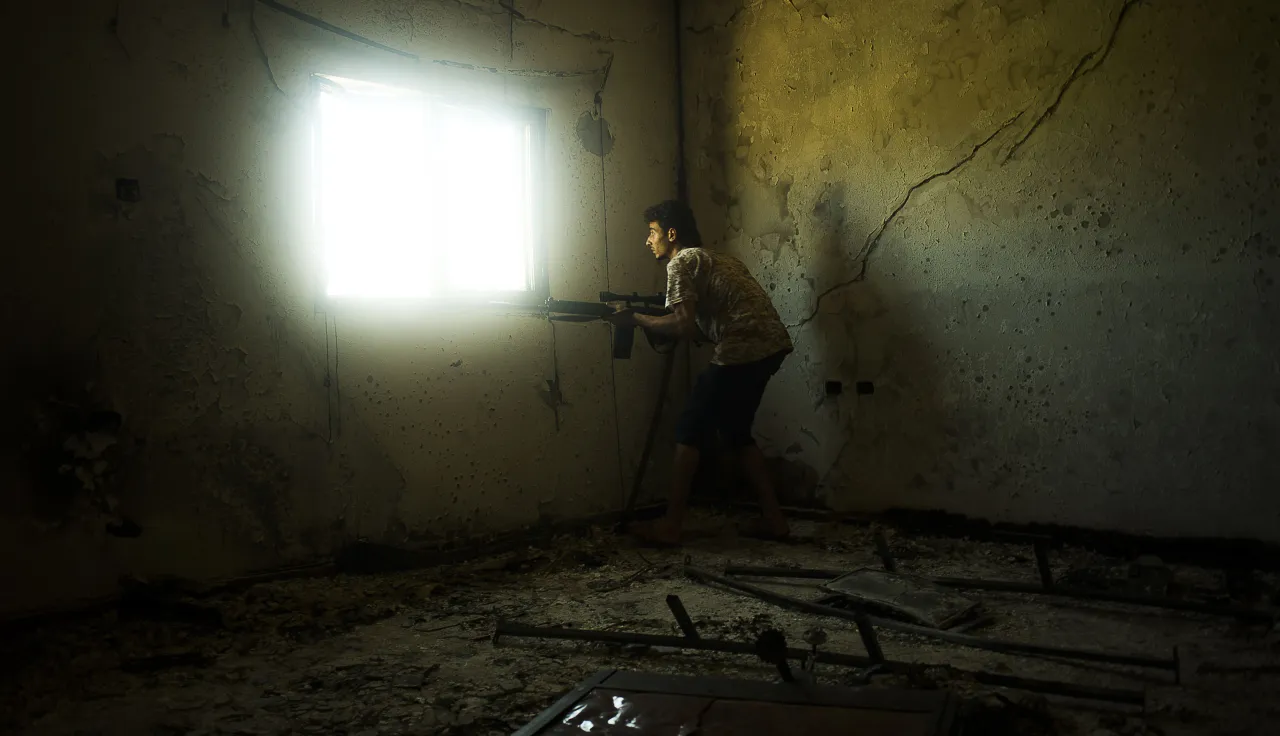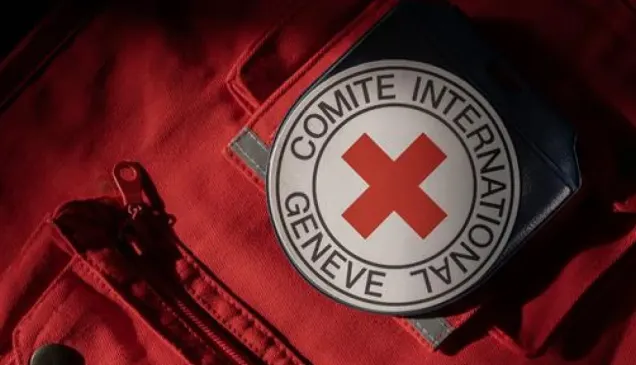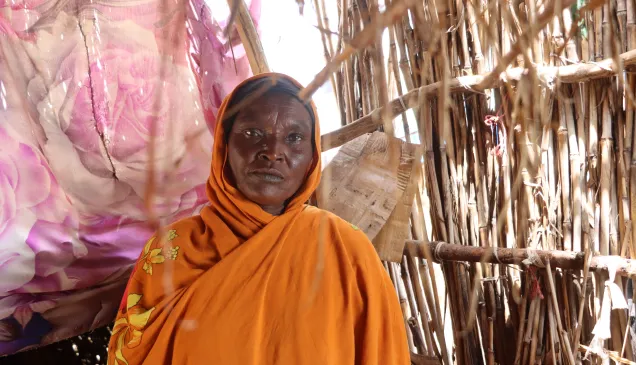On 19 June, as part of the ICRC conference cycle on War in cities, the ICRC, the Norwegian Refugee Council (NRC) and HERE-Geneva convened a panel of experts at the Humanitarium to look at the ways in which humanitarian organisations and donors should step up their work to deliver humanitarian responses to those most in need during situations of armed conflict.
Humanitarian response in armed conflict is confronted with many challenges, but these challenges should not be seen as insurmountable or used as excuses to stay absent. They are reasons to try hard to reach people in areas where humanitarian aid matters most. Although many of the issues under discussion were not new, it is still necessary to state the obvious, and to repeat concerns in negotiating humanitarian access concerns constantly, with reality and humility.
As seen in the Iraq case study, the panel concluded that too few organisations have invested in their capacity to work in armed conflict situations - should there be access managers alongside field managers? - and that such an investment goes hand in hand with the humanitarian principles. Talking about humanitarian principles only makes sense if this is linked to putting them into practice. For this, it is essential to invest in them properly, and to talk about the compromises in balancing the various principles more openly. The risks involved cannot be 100% mitigated, and it's important to be open and transparent about this. Organisations have to explain the hard choices they sometimes have to make if they want to be able to be where it matters.




